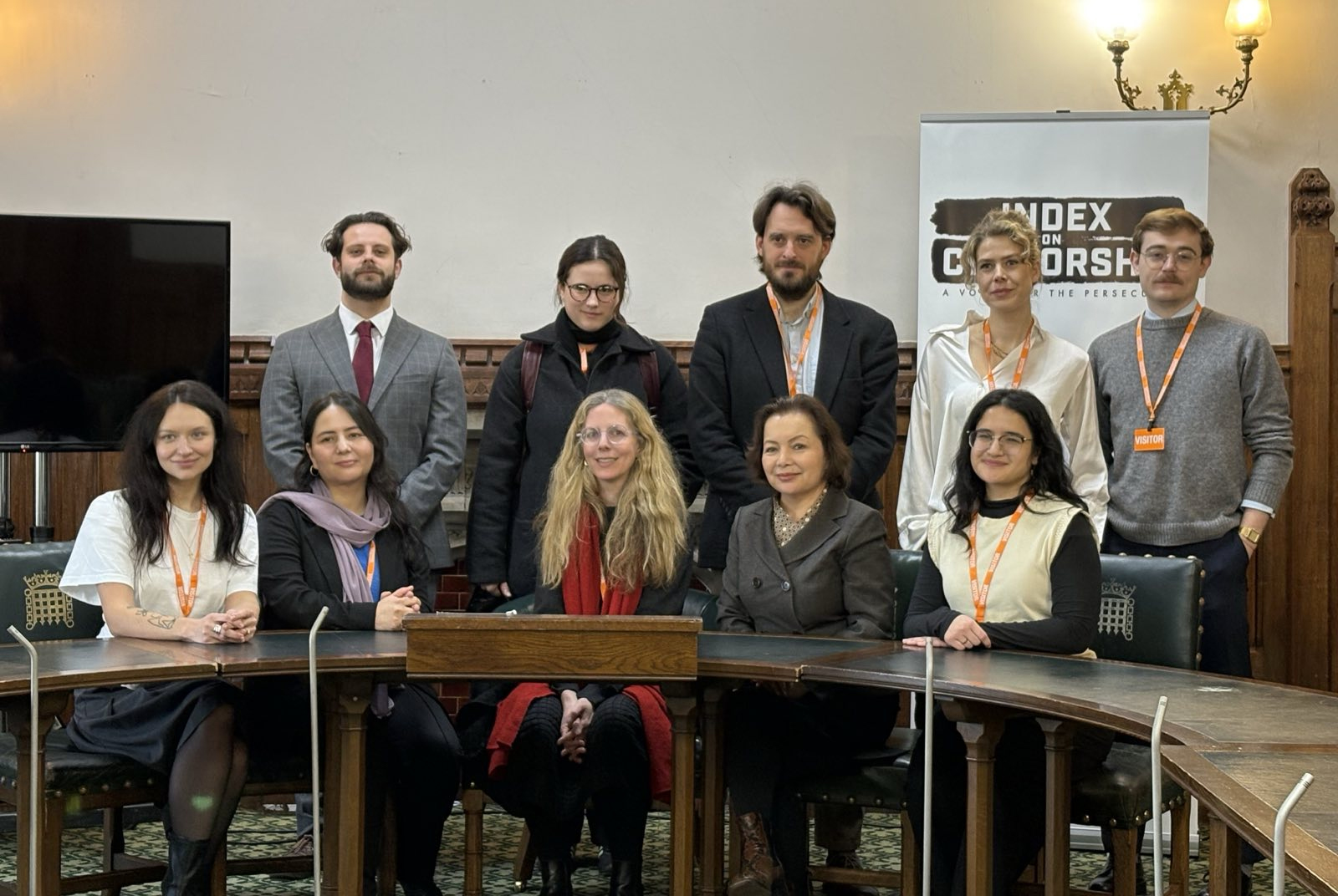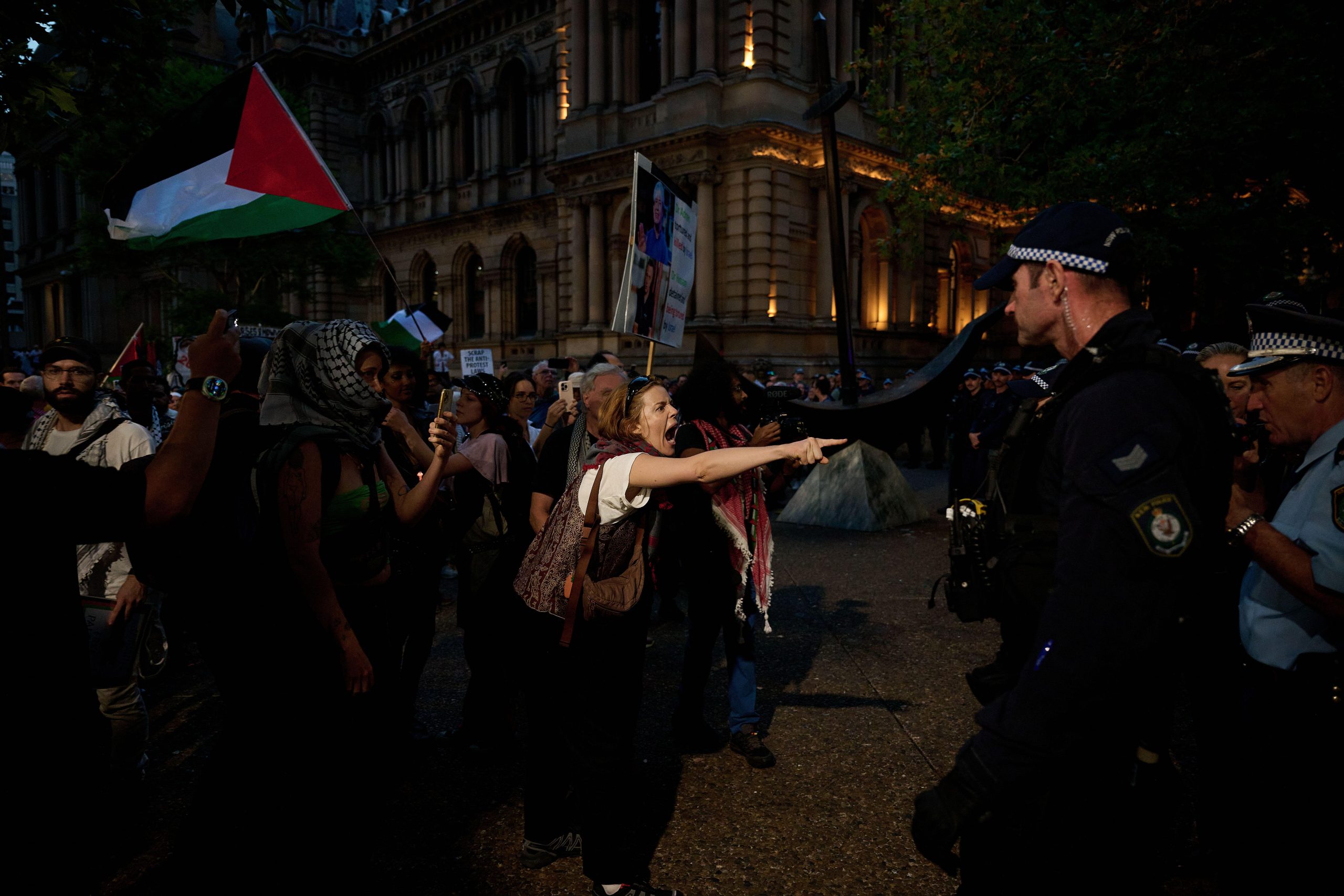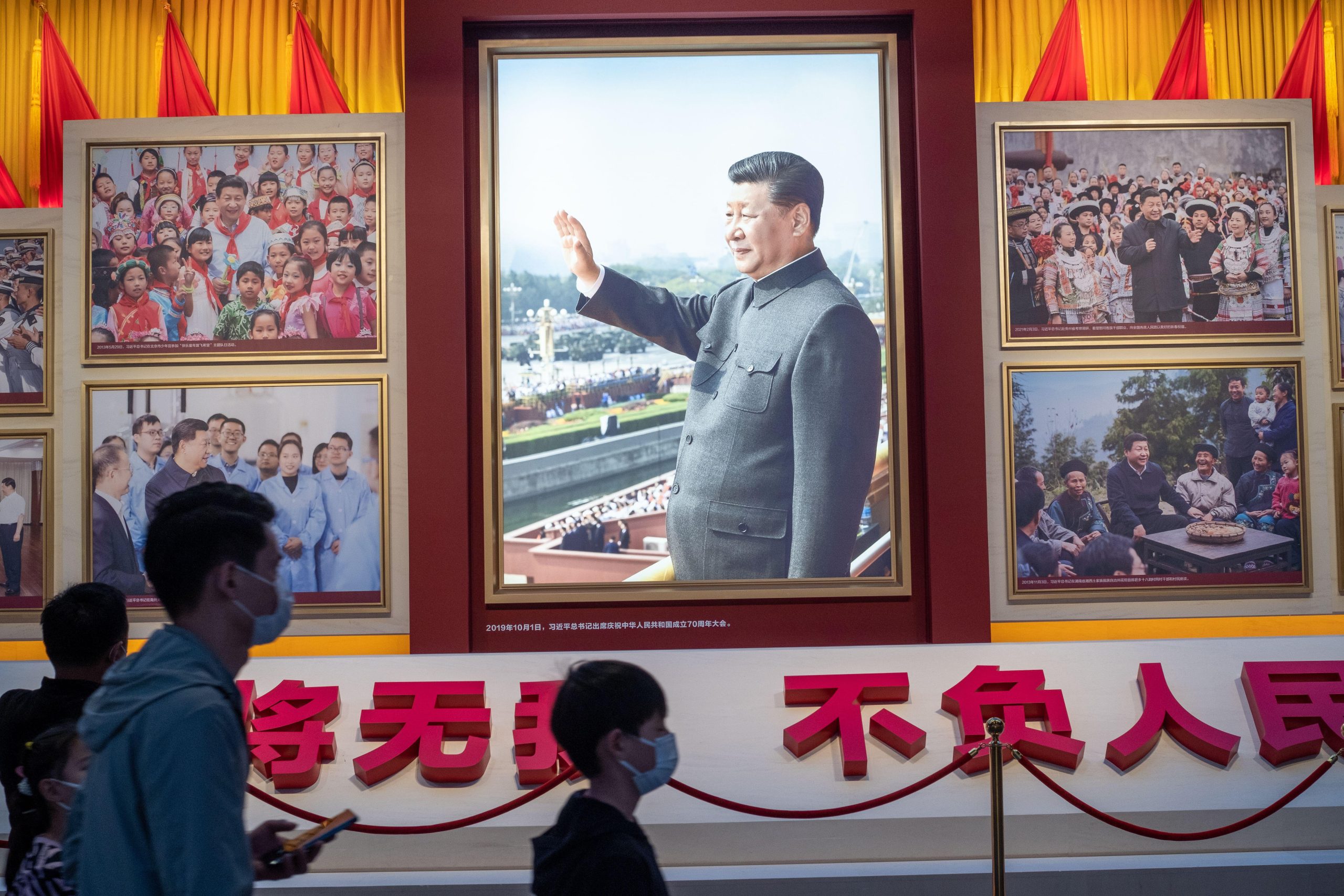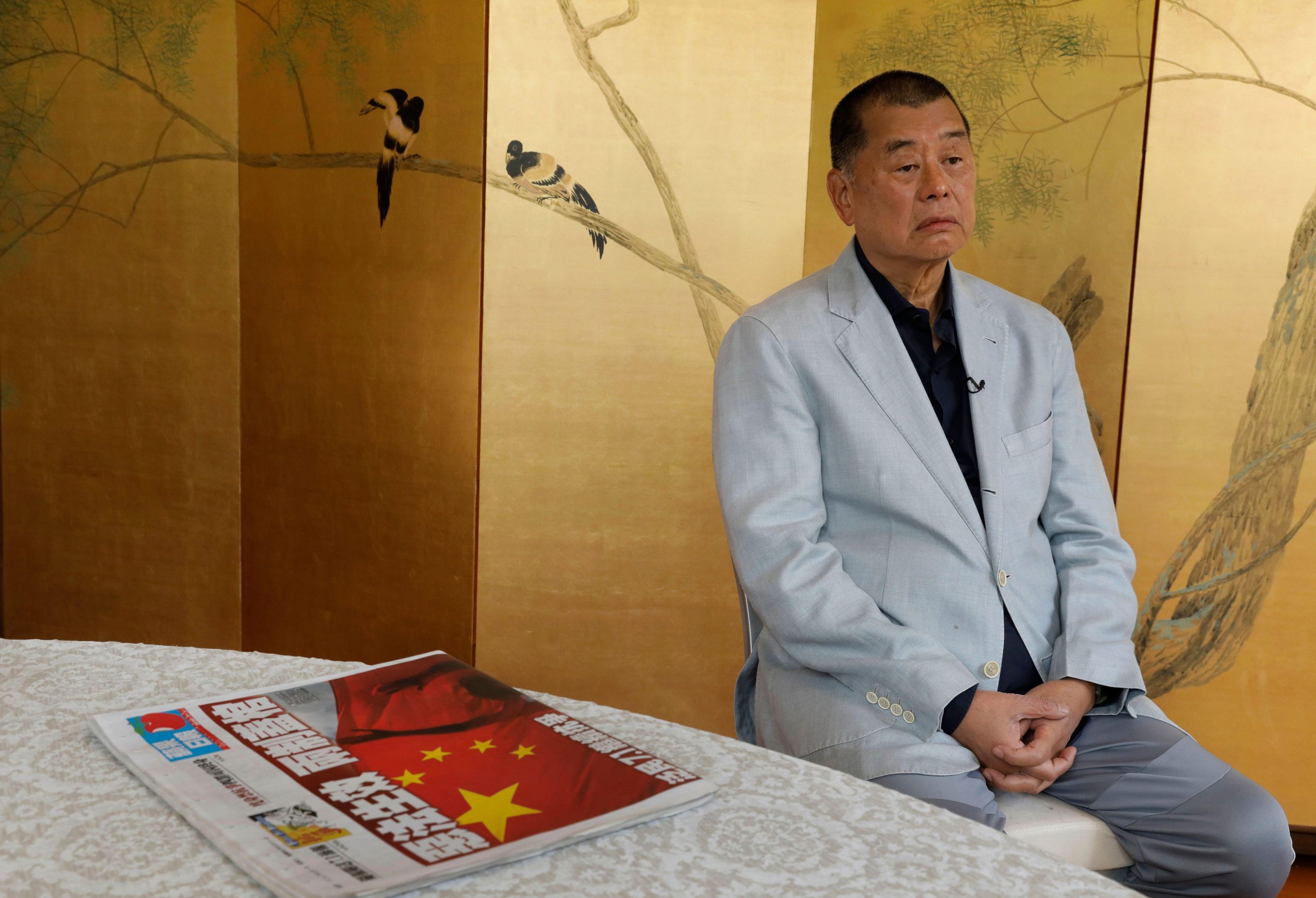
(Photo illustration: Shutterstock)
As a master student of Conflict and Development at the University of Ghent, Jos Van Steelandt will write a dissertation on the subject of censorship on and self-censorship within the media in Uganda. Because of his background as a historian specialised in Ugandan media-history and his interest in human rights, he chose this politically sensitive topic. In July, he will be conducting interviews with journalists working in Uganda. He will be keeping Index on Censorship up to date on his research during his trip.
In Uganda, journalists are not only dealing with outright censorship. It seems the government of president Yoweri Museveni is employing a strategy that is aimed at pushing journalists towards self-censorship using a broad range of measures. Although the Ugandan media has a very strong tradition of critical reporting some journalists are probably more prone to self-censor.
The use of force by its security forces serves to stifle critical voices appears widespread. A local human rights organisation, Human Rights Network for Journalists-Uganda, states in its latest report that in 2012 there were 124 violations of press freedom. A staggering 83% of these violations against journalists were committed by state-actors, among which police forces incorporate the large majority of the perpetrators. The structural nature of these violations and especially the contexts of the violations seems to suggest that this would be the result of an active government policy.
Apart from this outright aggression, the security forces in cooperation with the Uganda Communications Commission are able to close down editorial offices, as happened to one of Uganda’s leading newspapers, The Monitor, in 2013. This newspaper, known for its critical stance towards the government, was shut down for a couple of days after publishing a leaked confidential letter by General Sejjusa, which contained very compromising information about president Museveni’s familypresident. This event underlined to Ugandan news organisations that publishing on politically sensitive topics is not without risk.
Security forces also create an atmosphere in which critical reporting is discouraged by arresting journalists arbitrarily. Renowned Ugandan journalist Andrew Mwenda, for instance, was arrested 16 times. Most of the journalists who are arrested, are released shortly after, but the message towards journalists is once again clear.
Uganda’s legal code is another possible cause of self-censorship. Various laws give the government and security forces the possibility to constrain essential freedoms and even contradict the Ugandan constitution. The Public Order Management Bill, the Uganda Communications Act, the Press and Journalist Act and the Penal Code Act contain provisions that can be and are being used to hamper journalists. Journalists are often sued for libel or sedition or get bogged down in other lawsuits concerning their work. Journalists are made painfully aware that critical reporting implies walking the line within this legal framework.
The theory of the ‘chilling effect’ suggests that Uganda’s legal regime creates the possibility to clamp down on journalists and will have negative consequences on their work. This regulatory environment, in combination with the threat of violence and arrest, could make the large majority of journalists working in Uganda less willing to cover sensitive topics or could make them use mitigating discourse in their reports.
This July, I will conduct interviews with journalists of different news organisations working in Uganda. In these interviews, I will ask them for their personal experiences working as a journalist, but also ask them for the stories they think are interesting about other journalists who have had a run-in with the state. These stories, called control parables, that circulate among journalists, can tell us a lot about what journalists consider behaviour that will result in a run-in with the state. It can show us in which way most journalists will censor themselves even though the state hasn’t explicitly told them so. When we lay bare these mechanisms and research why some journalists are more vulnerable to self-censor, we can begin to think about possible measures that donors or NGO’s can take to make journalists less prone to self-censor on politically sensitive but still important issues. These possible measures include providing insurance or legal protection for journalists and campaigning to implement some sort of Chilling-effect principle in the Ugandan legal code. This principle is being implemented in the European Court of Human Rights and can be invoked when a certain law threatens to impose silence upon journalists in cases of politically sensitive topics.
Three more months and I’m off to do my fieldwork in Kampala, Uganda. I will try to bring you the stories of the journalists I interview and share the experiences they encountered working as a journalist in ‘the pearl of Africa’. I’ll keep you posted!
This article was posted on April 25, 2014 at indexoncensorship.org




